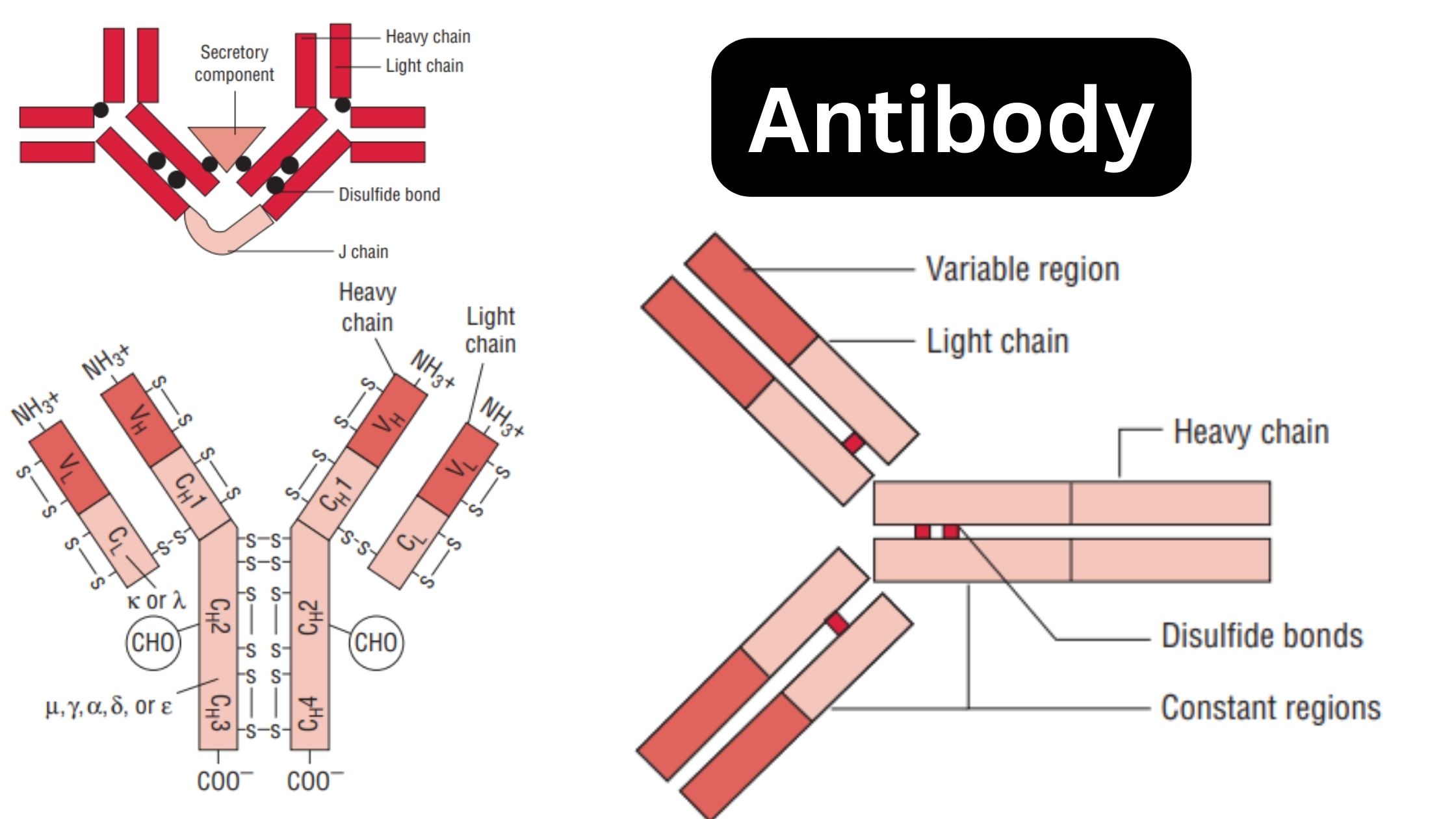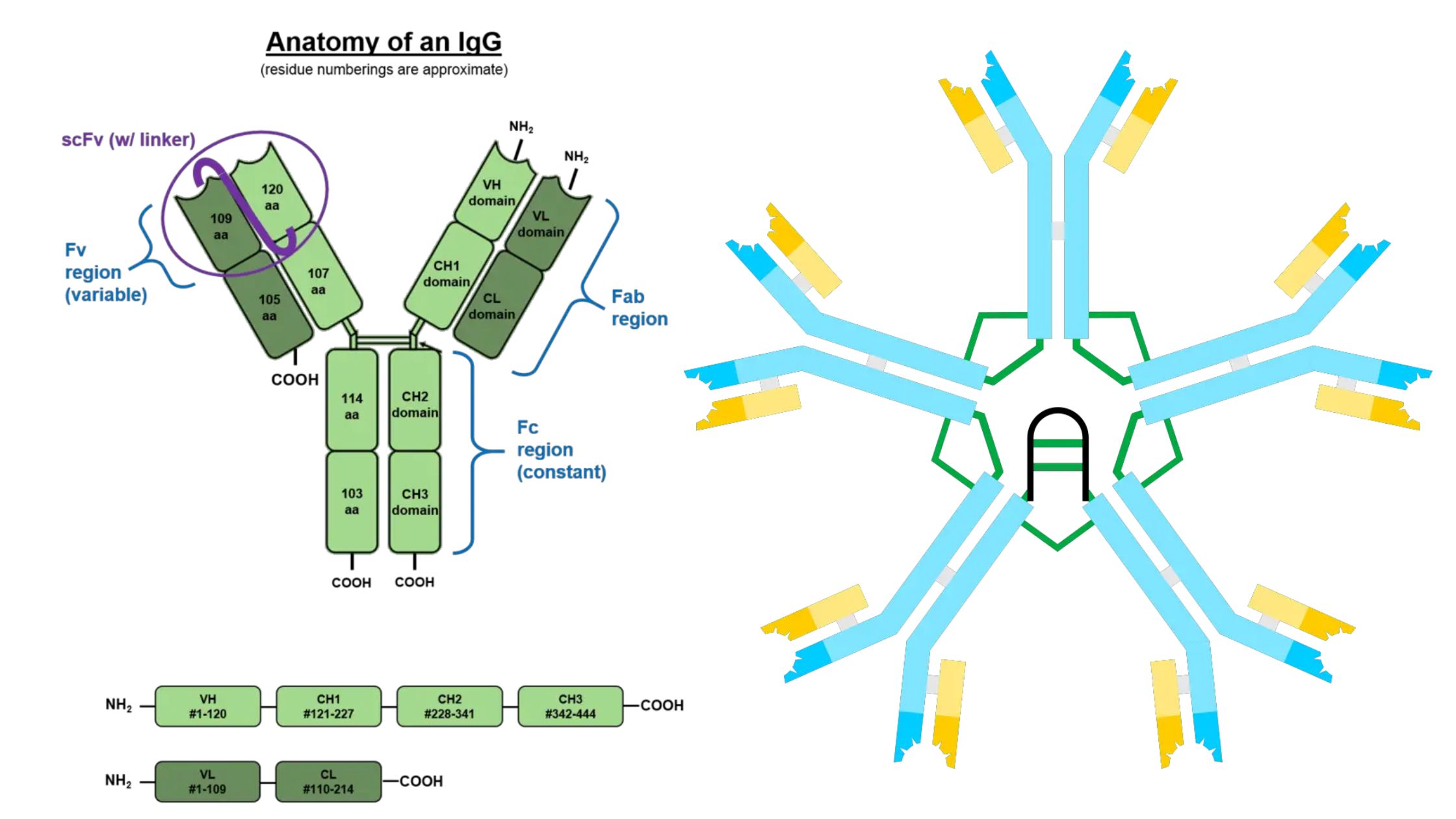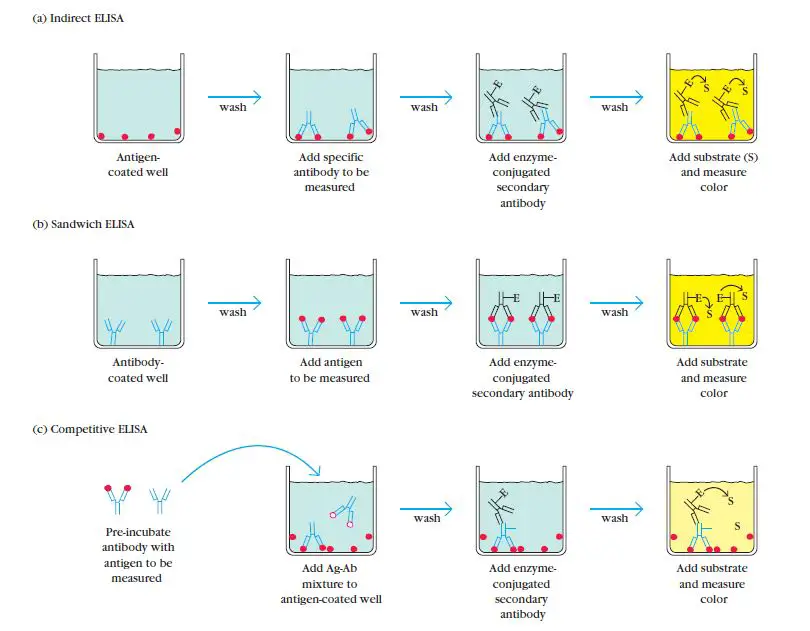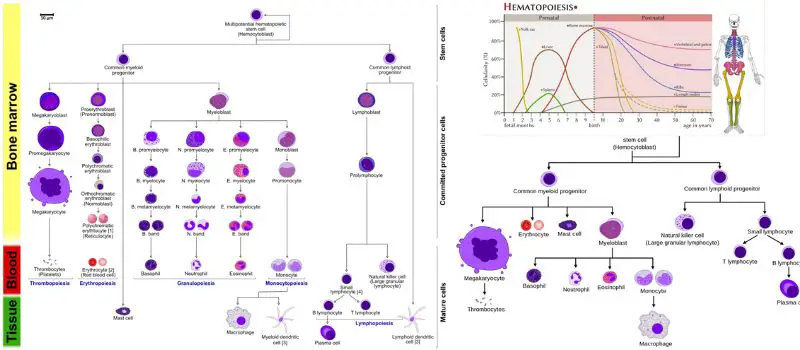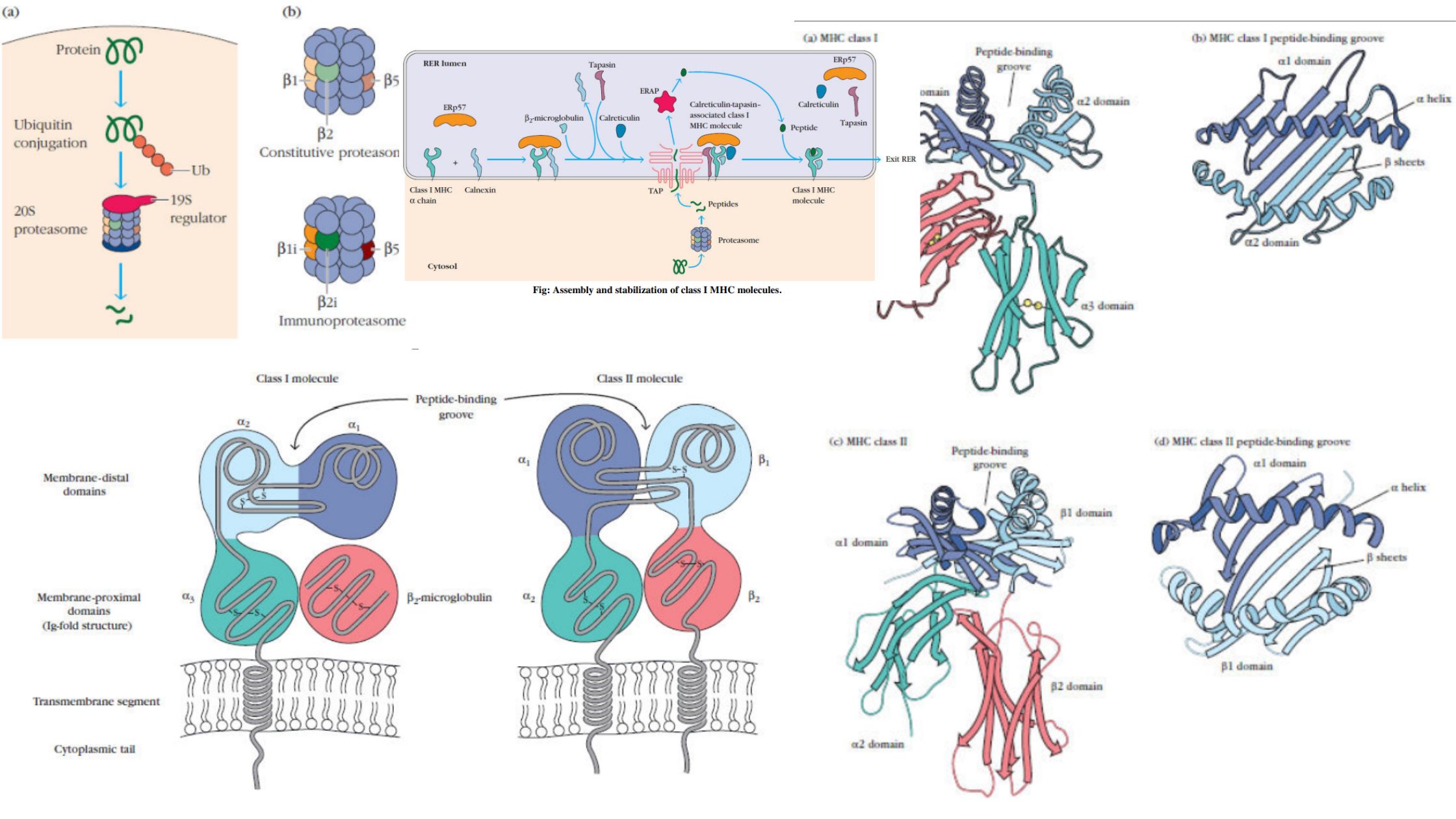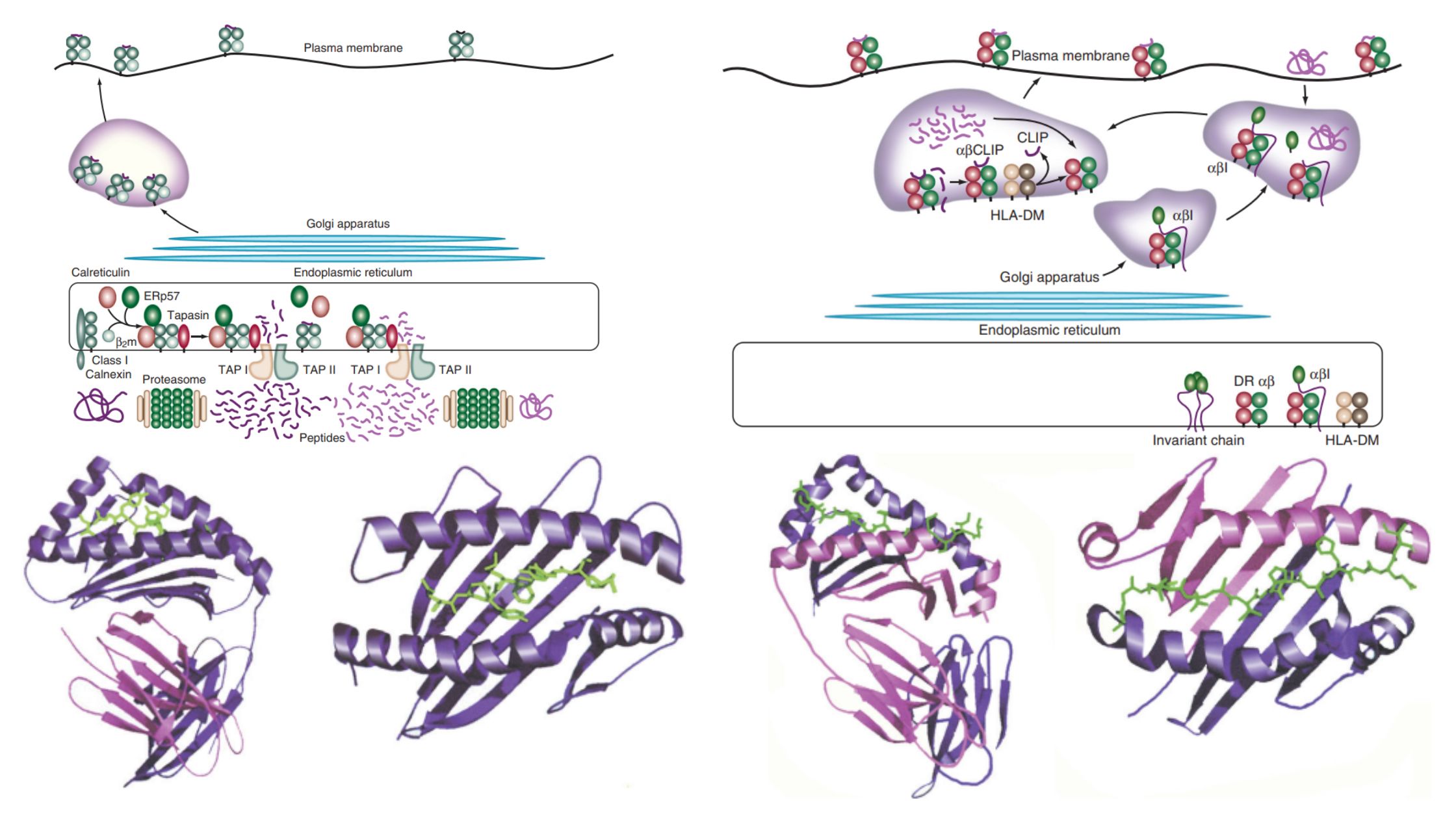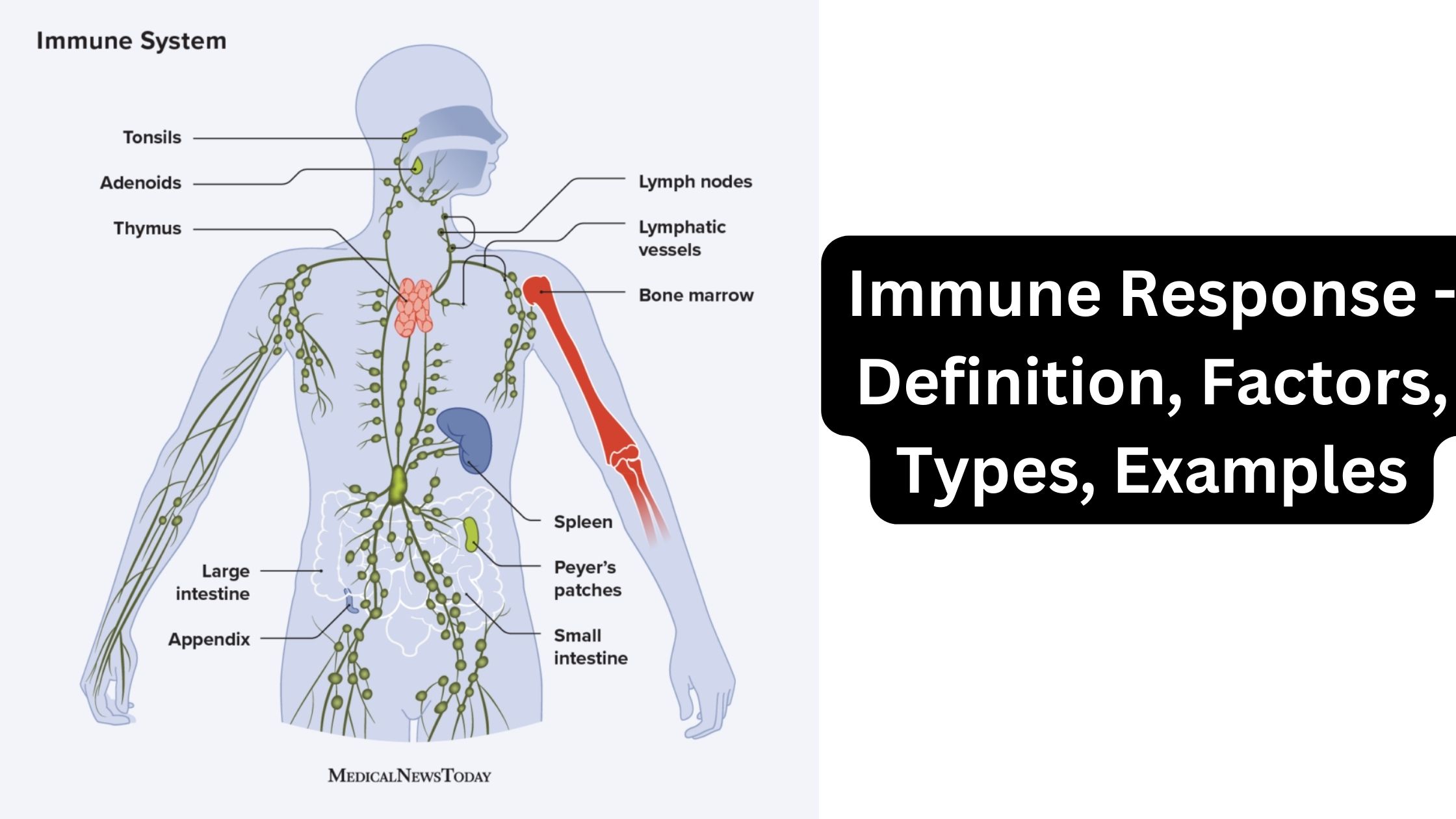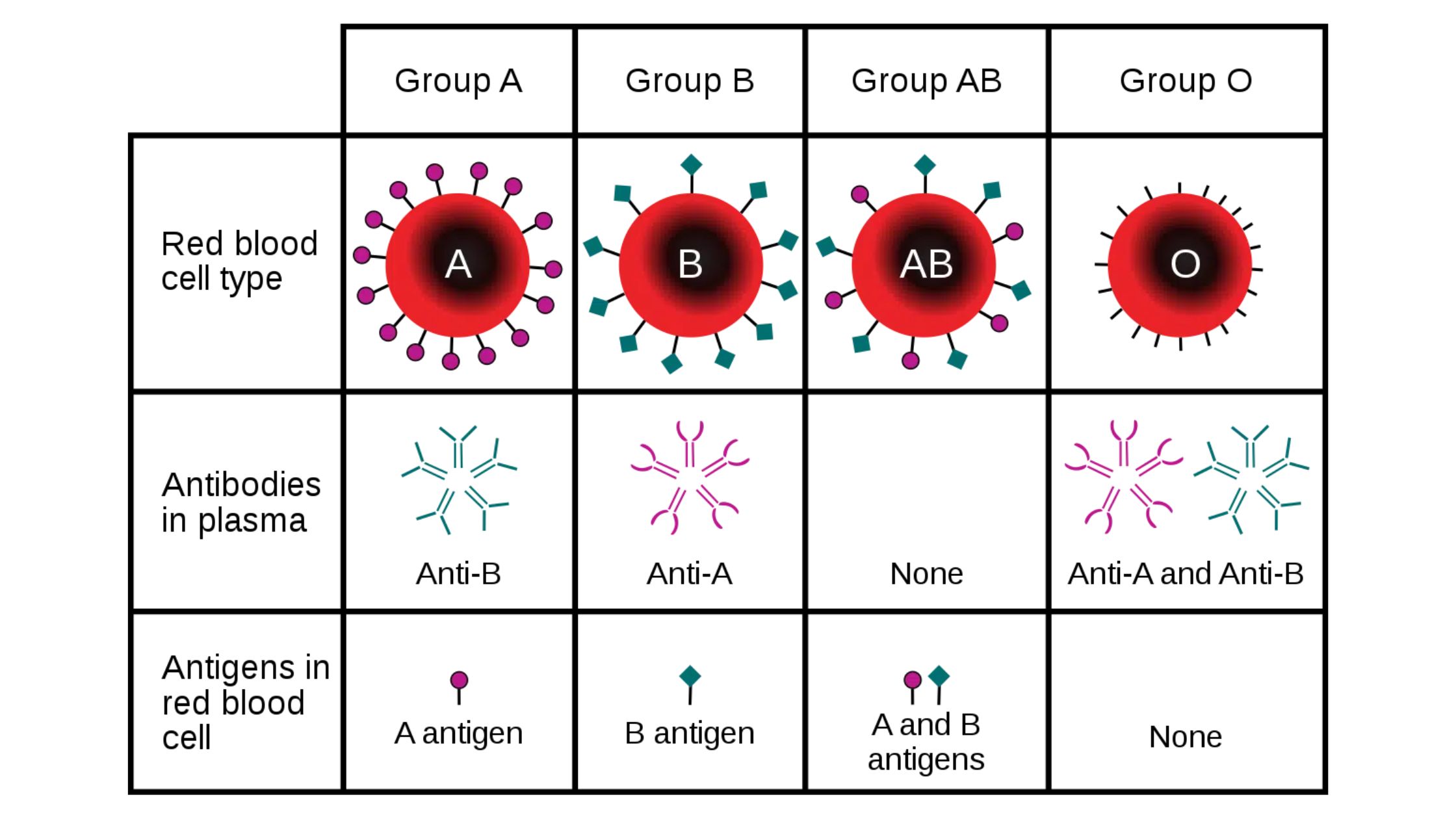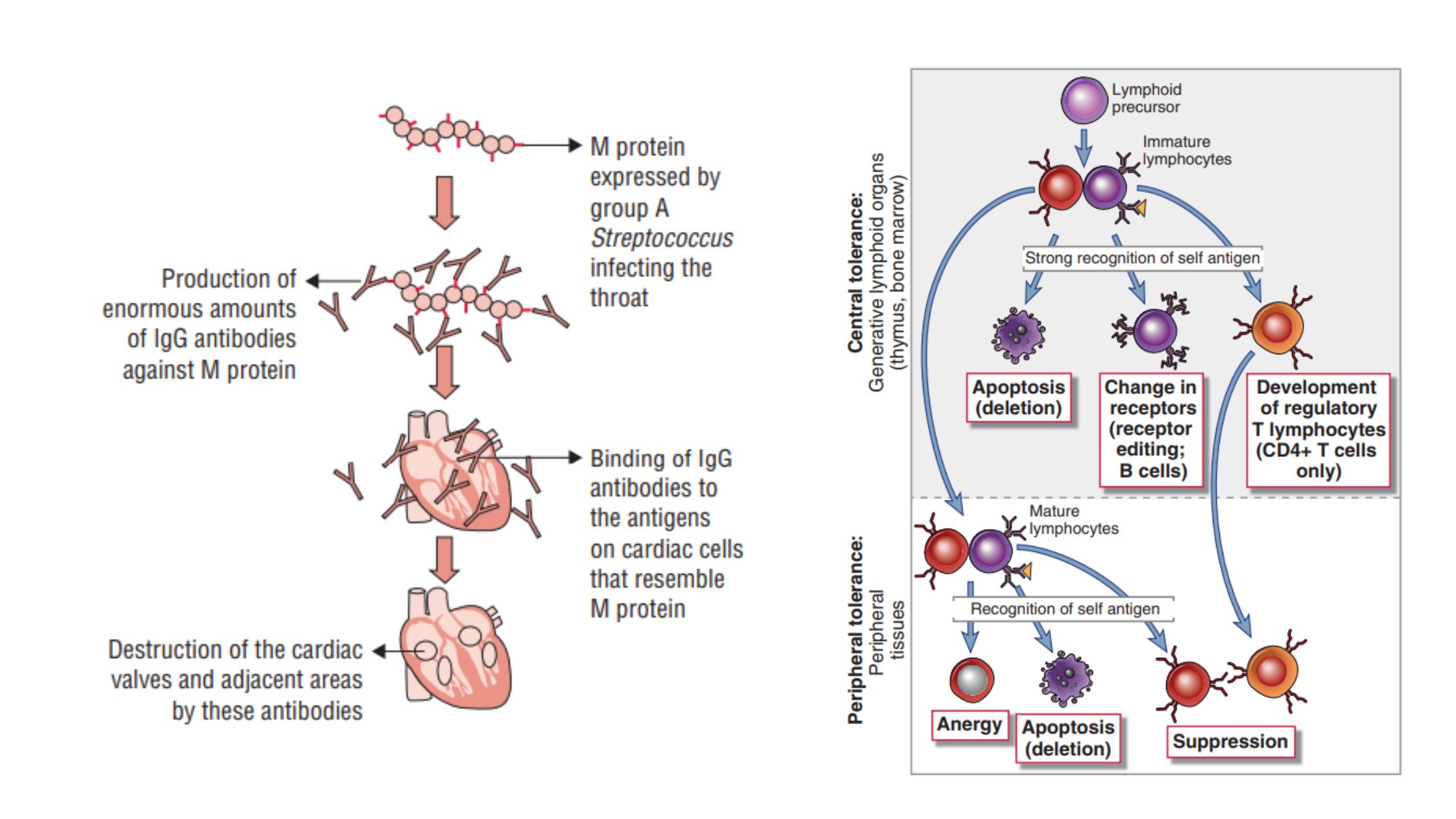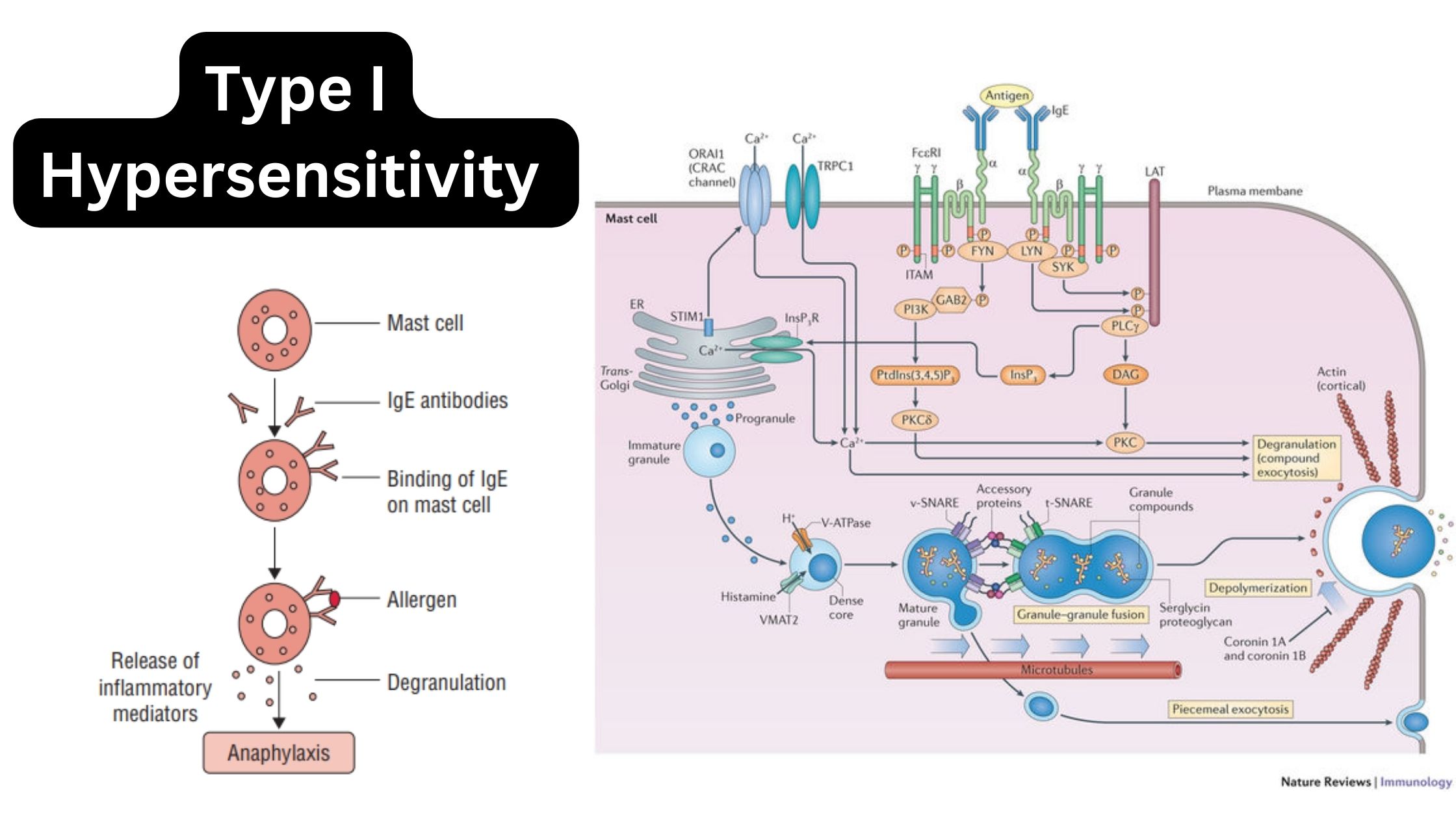Antibody – Structure, Types, Functions and Properties
Antibodies are not found in a specific location, but anytime our immune system encounters antigen or a disease, B cells are activated and antibodies are quickly released into the bloodstream. These immunoglobulins undergo mitosis, resulting in cell division, and manufacture antibodies continually as a result of the production of additional cells. These antibodies linger in … Read more
